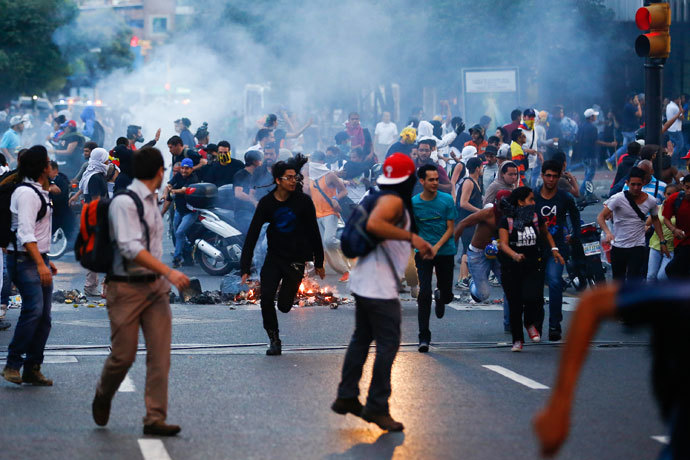http://fee.org/articles/under-socialism-morality-is-scarcer-than-bread/
<<<<Socialism is a utopian ideal intended to solve all of humanity’s problems including, above all, poverty and inequality. The theory and practice, alas, have tended to be at odds with one another.
Here is how Karl Marx outlined the future benefits of a socialist society:
“If we have chosen the position in life in which we can most of all work for mankind, no burdens can bow us down, because they are sacrifices for the benefit of all; then we shall experience no petty, limited, selfish joy, but our happiness will belong to millions, our deeds will live on quietly but perpetually at work, and over our ashes will be shed the hot tears of noble people.”
Leon Trotsky, the Soviet revolutionary, wrote that in a socialist society:
“Man will become immeasurably stronger, wiser, and subtler; his body will become more harmonious, his movements more rhythmic, his voice more musical. The forms of life will become dynamically dramatic. The average human type will rise to the heights of an Aristotle, a Goethe, or a Marx. And above these heights, new peaks will rise.”
<<<<
This relationship, clearly visible in Venezuela today, was first identified by the Nobel Prize-winning economist Friedrich Hayek in The Road to Serfdom.
In 1944, when he wrote his book, Hayek noted that the crimes of the German National Socialists and Soviet Communists were, in great part, the result of growing state control over the economy.
As he explained, growing state interference in the economy leads to massive inefficiencies and long queues outside empty shops. A state of perpetual economic crisis then leads to calls for more planning.
But economic planning is inimical to freedom. As there can be no agreement on a single plan in a free society, the centralisation of economic decision-making has to be accompanied by centralisation of political power in the hands of a small elite. When, in the end, the failure of central planning becomes undeniable, totalitarian regimes tend to silence the dissenters—sometimes through mass murder.
Political dissent under socialism is difficult, because the state is the only employer. To quote Trotsky again, “In a country where the sole employer is the State, opposition means death by slow starvation. The old principle: who does not work shall not eat, has been replaced by a new one: who does not obey shall not eat.” A free economy, in other words, is a necessary, though not a sufficient condition, for political freedom.
In East Germany, people often spied on their neighbours and, even, spouses.
Obviously, not everyone feels that dictatorship and mass murder are too high a price to pay for equality. Eric Hobsbawm, the British Marxist historian, for example, was once asked whether, if Communism had achieved its aims, but at the cost of, say, 15 to 20 million people – as opposed to the 100 million it actually killed in Russia and China – would he have supported it? His answer was a single word: Yes. Even today, many people, Canadian Prime Minister Justin Trudeau among them, fawn over Cuban dictatorship, because of its delivery of supposedly free health and education to the masses.






 when will we learn..
when will we learn..






